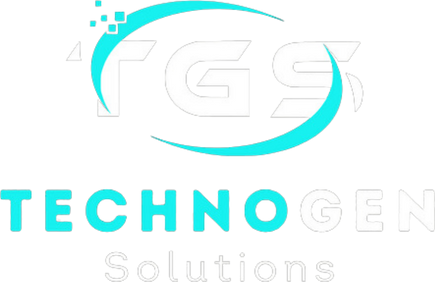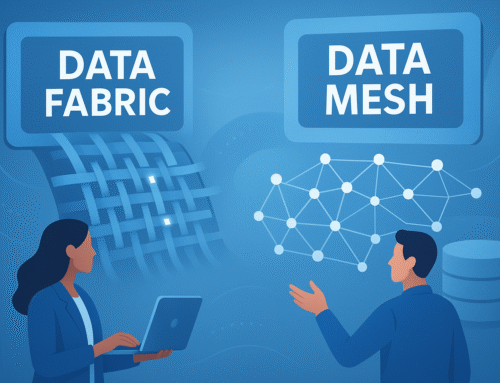Understanding the Importance of Ecommerce Website Development
In the ever-evolving digital age, a powerful eCommerce website is more than just a virtual storefront—it is the backbone of any online retail business. Whether you are a startup looking to enter the market or an established brand aiming to scale, having a comprehensive development solution is essential to compete and convert.
Why a Professional Ecommerce Website Is Crucial
A professionally developed eCommerce website:
-
Builds trust and credibility with users
-
Improves conversion rates
-
Offers a seamless user experience
-
Increases brand visibility in search engines
-
Streamlines inventory, orders, and payment processing
Step-by-Step Ecommerce Website Development Process
1. Project Discovery and Planning
Every successful eCommerce project begins with a thorough planning phase. This includes:
-
Identifying business goals and target audience
-
Performing competitor analysis
-
Creating a comprehensive project roadmap
-
Choosing the right tech stack (Shopify, WooCommerce, Magento, etc.)
2. Ecommerce Website Design and UX/UI Development
An effective design phase transforms your vision into a user-centric interface:
-
Wireframing and Prototyping: Layout structures that outline navigation and user flows
-
Responsive Design: Ensures your website works seamlessly across all devices
-
UI/UX Optimization: Focuses on customer journey, conversion funnels, and user psychology
3. Backend Development and CMS Integration
The backend architecture forms the core infrastructure of the website:
-
Custom CMS or integration with platforms like Shopify, WooCommerce, Magento
-
Secure user authentication and role-based access control
-
Scalable product catalog management
-
Inventory, shipping, and tax automation
4. Shopping Cart and Payment Gateway Integration
A smooth checkout experience minimizes cart abandonment:
-
Secure SSL encryption for data privacy
-
Multi-currency and multi-language support
-
Integration with payment gateways like PayPal, Stripe, Razorpay, Square
-
One-click checkout and guest checkout options
5. Mobile Optimization and Progressive Web App (PWA)
Mobile-first design is no longer optional—it’s mandatory:
-
Mobile-friendly layout and fast loading speed
-
PWA integration for native app-like experience
-
Touch-optimized navigation and easy product discovery
SEO-Optimized Ecommerce Development
On-Page SEO Essentials
A successful eCommerce SEO strategy starts at the foundation:
-
SEO-friendly URLs and meta tags
-
Image alt texts and structured data
-
Proper heading structure and internal linking
-
Fast-loading pages to reduce bounce rate
Technical SEO Considerations
A technically sound site earns search engine favor:
-
XML sitemap and robots.txt
-
Canonical tags to avoid content duplication
-
Schema markup for rich snippets
-
SSL certificates and HTTPS security
Custom Features and Functionalities That Set You Apart
Modern consumers demand more than just a catalog of products:
-
Advanced Filtering and Sorting
-
Live Chat and Chatbot Support
-
Wishlist and Product Comparison
-
Loyalty Programs and Subscription Modules
-
Multi-vendor Marketplace Capabilities
Security and Compliance
Security is non-negotiable in eCommerce website development:
-
Regular vulnerability scans and patches
-
GDPR compliance and privacy policies
-
PCI-DSS compliance for payment processing
-
Two-factor authentication and firewalls
Testing and Quality Assurance
Rigorous QA testing is vital before the big launch:
-
Cross-browser and cross-device testing
-
Functional, usability, and performance testing
-
Checkout process simulations
-
Error handling and 404 page testing
Launch and Post-Launch Support
Launching the Ecommerce Website
When all systems are go:
-
Final server migration
-
DNS propagation and SSL certificate setup
-
Backup creation and rollback plans
-
Real-time monitoring tools in place
Post-Launch Maintenance and Scaling
Ongoing support ensures growth and stability:
-
Bug fixes and regular updates
-
Content and product catalog updates
-
Performance optimization
-
Analytics tracking and goal conversions
Choosing the Right Ecommerce Development Partner
The success of your eCommerce store depends on the team behind it. Look for:
-
Proven portfolio of eCommerce projects
-
Expertise in the latest development technologies
-
Strong SEO and digital marketing integration
-
Transparent communication and project management
Final Thoughts: Transforming Vision into a Thriving Online Store
From design to launch, building an eCommerce website involves far more than putting products online. It requires strategy, technical expertise, creative design, and robust security measures. By investing in complete eCommerce development solutions, you position your business for long-term success, higher revenue, and global recognition.
For brands that aim to lead rather than follow, embracing a comprehensive, custom-tailored development process is the first and most crucial step toward digital dominance.



Leave A Comment